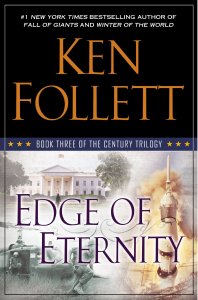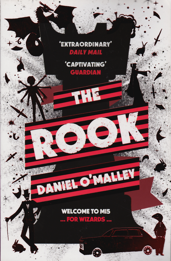Welcome to Write Through The Roof, the podcast for writers who want to improve their craft.
Episode 54 – Sandra Ireland – writer of tartan gothic
“I like to be scared when I’m writing.”

Episode 54 – Sandra Ireland – Show Notes
- Morning writing – not as creative in the afternoon
- Goal of 500 words per day
- Ritual of two cups of tea and one cup of coffee in favourite mug
- Dark, creepy with a heavy dose of menace, toxic relationships
- Landscape as a starting point for writing – sense of place to inform writing
- Manipulating people’s fears and shadow sides.
- Not just scaring the reader, not just horror but writing about what personally scares you. Vulnerability and readers not knowing what is imagination and what is true.
- Currently writing non-fiction about the folklore surrounding the Mill (setting of Bone Deep). The words coming out faster with non-fiction.
- Fiction as a therapy – creative release.
- Giving herself the permission to be creative.
- The tribe with the right vibe – people who understand to bounce ideas off.
Be careful who you share your writing with. - Brontes, Benjamin Myers – The Gallows Pole, Julie Myerson – The Stopped Heart
- A resurgence of gothic writing – perhaps as a reaction to current events
- Bone Deep – inspired by work as a tour guide in a water mill. At times the mill felt unwelcoming. Modern story with a strand of an old folktale (Border Ballad).
- The key struggle for writing students is a lack of confidence. One technique is forcing students to share their work.
- Upcoming – The Mill (non-fiction) and The Unmaking of Ellie Rook
- Residencies – productive but sometimes lonesome
“Write about what scares you.”
“It’s a basic human drive to be creative.”
Podcast: Play in new window | Download
Subscribe: RSS
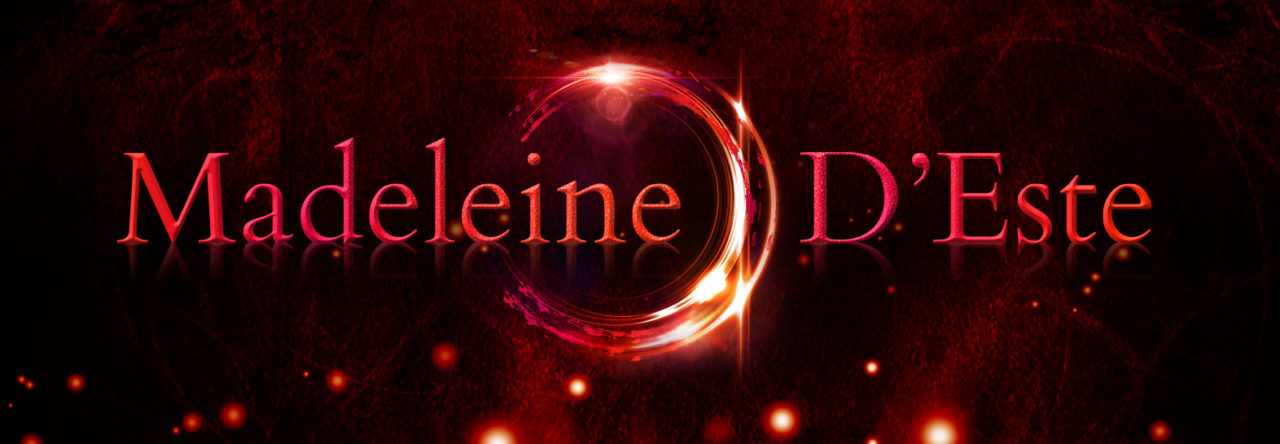



























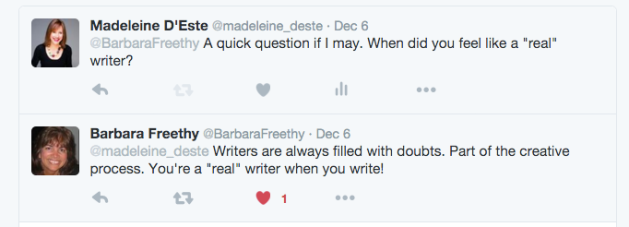
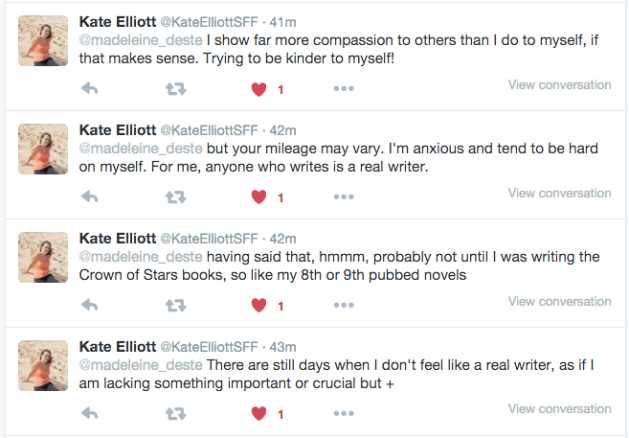

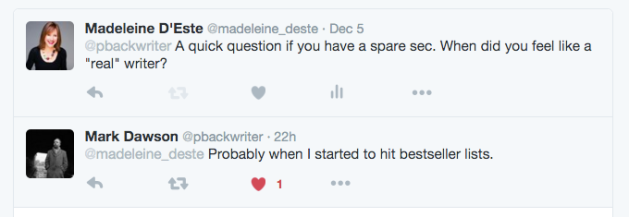

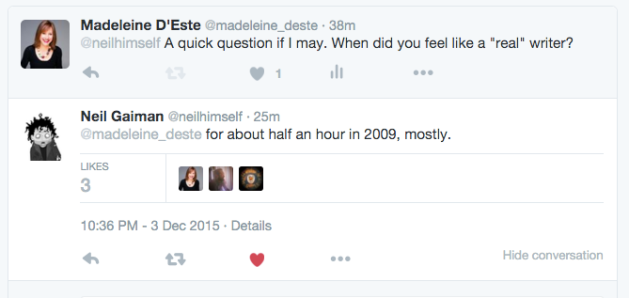
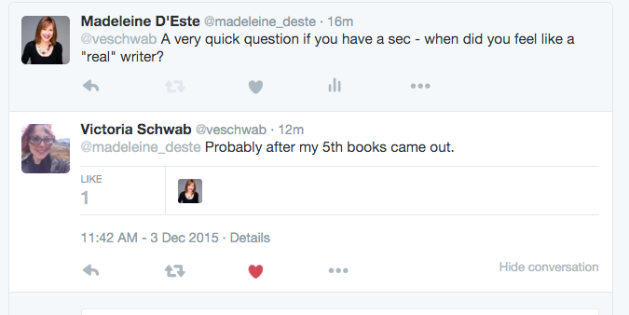
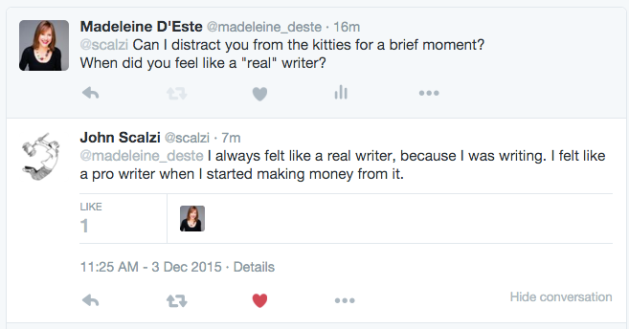
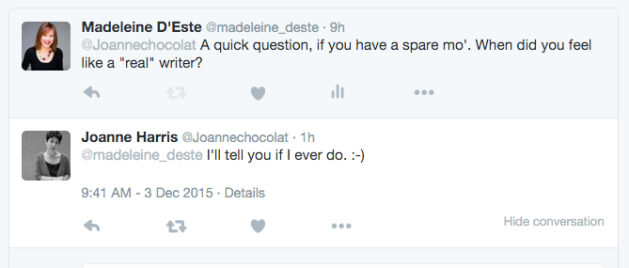



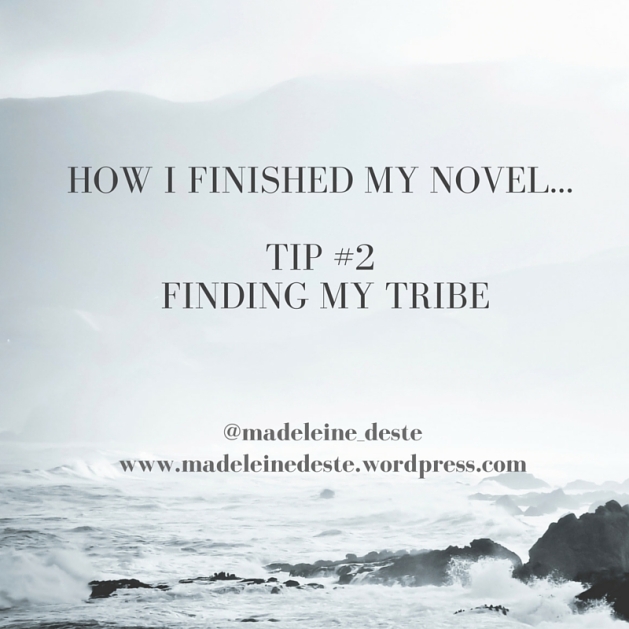

 Michael Whelan’s Yours Truly
Michael Whelan’s Yours Truly


 www.booyorkcity.com
www.booyorkcity.com


